
Solar Retinopathy Causes
Damage to the eye’s retina can occur due to staring at the sun or solar eclipse resulting in solar retinopathy. This vision disorder is also known as eclipse retinopathy, solar retinitis, eclipse burns and eclipse blindness. Most often, solar retinopathy occurs in religious sun-gazers, sunbathers, photographers and eclipse viewers.
The retina is light-sensitive tissue located at the back of the eye. The central part of the retina is called the fovea, in which the power of vision is centered. Solar retinopathy occurs when the light is focused on the retina by the lens of the eye causing the retina cells to be burned and resulting in poor vision. Harmful radiation from the sun can lead to permanent damage to the retina even after a second of sun-gazing.
Looking at the sun causes the pupil to shrink thus reducing the amount of light entering the eye. Because of this, the retina remains intact. However, during a solar eclipse or sun gazing, the light is not as intense, causing the pupils to be larger in size potentially leading to retinal burns and serious damage to the retina.
The main risk factors for solar retinopathy are prolonged exposure to harmful radiation from the sun and looking at the sun without a protection.Symptoms of Solar Retinopathy
Damage to the retina does not cause pain but leads to loss of central vision. Symptoms of solar retinopathy typically develop 1 to 4 hours after exposure to sunlight. Solar retinopathy may produce a blind spot in central vision. Individuals with solar retinopathy typically experience objects distorted in shape, altered color vision, discomfort with bright light, after image and difficulty in seeing shape and details.
Headaches and watery and sore eyes are also symptoms of solar retinopathy. These symptoms usually resolve over time and without treatment. But, in some cases solar retinopathy may cause persistent black spots and image distortion that considerably reduce the reading performance.
Damage to central vision is usually temporary and normal vision may return after several weeks. If the damage to the retina due to solar retinopathy is severe, the eyesight may be permanently affected. Complete blindness does not occur due to solar retinopathy.Treatment and Prevention for Solar Retinopathy
There is no specific treatment for solar retinopathy. The patients are usually given oral corticosteroids and antioxidants to improve injury to the retina. The best way to prevent this disease is to view the sun through certified solar filters. Binoculars, exposed photographic or radiographic film and audio CD’s are not reliable and safe.




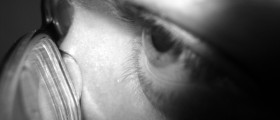
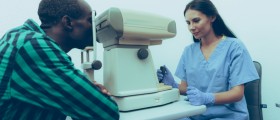
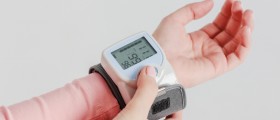
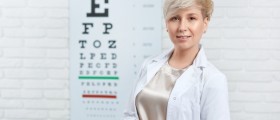

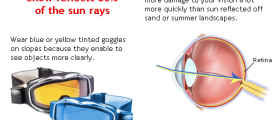
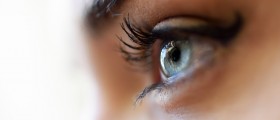
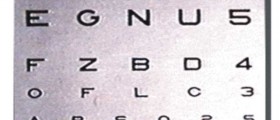

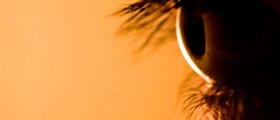
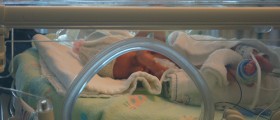
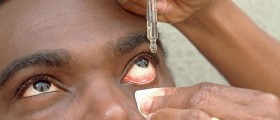
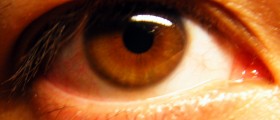
Your thoughts on this
Loading...